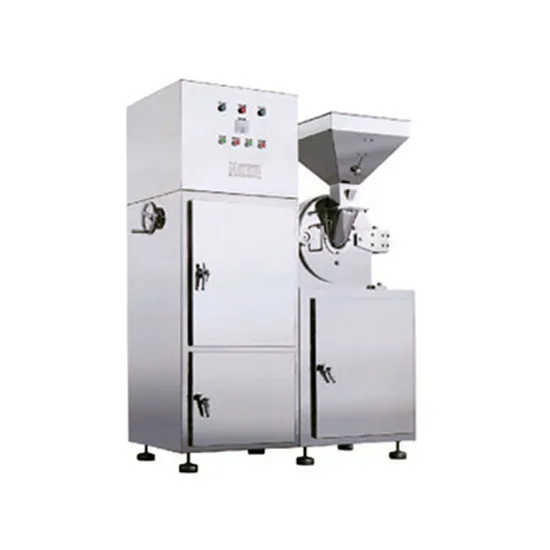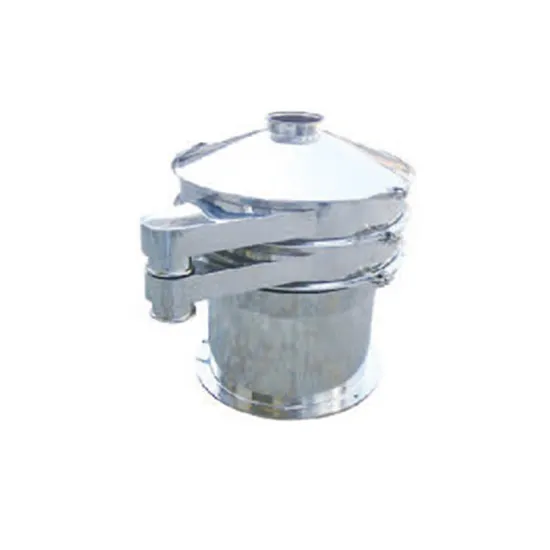NEWS
How to Choose the Right Cement Mixer for Your Construction Needs
Sep 17,2023
Table of Contents:
1. Understanding the Importance of Choosing the Right Cement Mixer
2. Types of Cement Mixers
3. Factors to Consider When Choosing a Cement Mixer
4. Electric vs. Gas-Powered Cement Mixers
5. Capacity and Drum Size for Your Construction Needs
6. Portability and Maneuverability Features
7. Additional Features to Enhance Efficiency
8. Maintenance and Durability of Cement Mixers
9. FAQs about Choosing the Right Cement Mixer
10. Conclusion
1. Understanding the Importance of Choosing the Right Cement Mixer
Choosing the right cement mixer is crucial for the success of your construction projects. A suitable cement mixer ensures that your mixtures are consistent, reliable, and of high quality. It reduces manual effort, saves time, and increases productivity. With the right equipment, you can achieve better mixing results, whether you're working on small-scale DIY projects or large commercial constructions.
2. Types of Cement Mixers
There are several types of cement mixers available in the market, each with its own advantages and limitations. The most common types include:
- Drum Mixers: These are the traditional cement mixers with a rotating drum that mixes the materials. They are available in both electric and gas-powered options.
- Mortar Mixers: Specifically designed for mixing mortar, these mixers have shorter paddles and slower rotations to achieve the right consistency.
- Pan Mixers: Ideal for small-scale projects, pan mixers have a stationary pan and use blades to mix the cement.
- Twin Shaft Mixers: These mixers are designed for large-scale construction projects and are known for their high mixing efficiency and speed.
3. Factors to Consider When Choosing a Cement Mixer
When selecting a cement mixer, consider the following factors:
- Project Size: Determine the scale and frequency of your construction projects to choose a mixer with an appropriate capacity.
- Power Source: Decide between electric and gas-powered mixers based on the availability and convenience of the power source.
- Portability: If you require a mobile mixer, consider the size, weight, and wheels for easy transportation.
- Drum Design: Opt for a mixer with a durable drum that resists wear and tear and is easy to clean.
4. Electric vs. Gas-Powered Cement Mixers
Electric cement mixers are popular for their ease of use, lower maintenance, and quieter operation. They are ideal for indoor or small-scale projects. On the other hand, gas-powered mixers offer greater mobility and independence from a power source, making them suitable for outdoor and large-scale projects.
5. Capacity and Drum Size for Your Construction Needs
Determining the right capacity and drum size is crucial to ensure efficient mixing. Consider the volume of materials you'll be working with and choose a mixer that can handle the required load. Larger drums allow for more extensive mixing, reducing the need for multiple batches.
6. Portability and Maneuverability Features
If you need to transport your mixer between job sites, look for features like wheels, handles, and compact designs that make it easy to move around. Consider the weight of the mixer, as a lighter option may be more suitable for frequent transportation.
7. Additional Features to Enhance Efficiency
Some cement mixers come with additional features that enhance efficiency and ease of use. Look for features like adjustable mixing speed, tilting drums for easy pouring, and built-in water tanks for convenient water supply.
8. Maintenance and Durability of Cement Mixers
Choose a cement mixer that is easy to maintain and built to withstand the demands of construction work. Look for mixers with sturdy frames, corrosion-resistant materials, and accessible maintenance points for long-lasting durability.
9. FAQs about Choosing the Right Cement Mixer
Q1: What safety precautions should I consider when using a cement mixer?
Q2: Can I use a cement mixer for other mixing purposes?
Q3: How often should I clean and maintain my cement mixer?
Q4: Are cement mixers suitable for both commercial and residential projects?
Q5: Can I rent a cement mixer instead of buying one?
10. Conclusion
Selecting the right cement mixer is essential for achieving excellent mixing results, saving time, and improving productivity in your construction projects. Consider factors like power source, capacity, portability, and additional features to make an informed decision. With the right cement mixer, you'll have the perfect tool to meet your construction needs effectively and efficiently.
1. Understanding the Importance of Choosing the Right Cement Mixer
2. Types of Cement Mixers
3. Factors to Consider When Choosing a Cement Mixer
4. Electric vs. Gas-Powered Cement Mixers
5. Capacity and Drum Size for Your Construction Needs
6. Portability and Maneuverability Features
7. Additional Features to Enhance Efficiency
8. Maintenance and Durability of Cement Mixers
9. FAQs about Choosing the Right Cement Mixer
10. Conclusion
1. Understanding the Importance of Choosing the Right Cement Mixer
Choosing the right cement mixer is crucial for the success of your construction projects. A suitable cement mixer ensures that your mixtures are consistent, reliable, and of high quality. It reduces manual effort, saves time, and increases productivity. With the right equipment, you can achieve better mixing results, whether you're working on small-scale DIY projects or large commercial constructions.
2. Types of Cement Mixers
There are several types of cement mixers available in the market, each with its own advantages and limitations. The most common types include:
- Drum Mixers: These are the traditional cement mixers with a rotating drum that mixes the materials. They are available in both electric and gas-powered options.
- Mortar Mixers: Specifically designed for mixing mortar, these mixers have shorter paddles and slower rotations to achieve the right consistency.
- Pan Mixers: Ideal for small-scale projects, pan mixers have a stationary pan and use blades to mix the cement.
- Twin Shaft Mixers: These mixers are designed for large-scale construction projects and are known for their high mixing efficiency and speed.
3. Factors to Consider When Choosing a Cement Mixer
When selecting a cement mixer, consider the following factors:
- Project Size: Determine the scale and frequency of your construction projects to choose a mixer with an appropriate capacity.
- Power Source: Decide between electric and gas-powered mixers based on the availability and convenience of the power source.
- Portability: If you require a mobile mixer, consider the size, weight, and wheels for easy transportation.
- Drum Design: Opt for a mixer with a durable drum that resists wear and tear and is easy to clean.
4. Electric vs. Gas-Powered Cement Mixers
Electric cement mixers are popular for their ease of use, lower maintenance, and quieter operation. They are ideal for indoor or small-scale projects. On the other hand, gas-powered mixers offer greater mobility and independence from a power source, making them suitable for outdoor and large-scale projects.
5. Capacity and Drum Size for Your Construction Needs
Determining the right capacity and drum size is crucial to ensure efficient mixing. Consider the volume of materials you'll be working with and choose a mixer that can handle the required load. Larger drums allow for more extensive mixing, reducing the need for multiple batches.
6. Portability and Maneuverability Features
If you need to transport your mixer between job sites, look for features like wheels, handles, and compact designs that make it easy to move around. Consider the weight of the mixer, as a lighter option may be more suitable for frequent transportation.
7. Additional Features to Enhance Efficiency
Some cement mixers come with additional features that enhance efficiency and ease of use. Look for features like adjustable mixing speed, tilting drums for easy pouring, and built-in water tanks for convenient water supply.
8. Maintenance and Durability of Cement Mixers
Choose a cement mixer that is easy to maintain and built to withstand the demands of construction work. Look for mixers with sturdy frames, corrosion-resistant materials, and accessible maintenance points for long-lasting durability.
9. FAQs about Choosing the Right Cement Mixer
Q1: What safety precautions should I consider when using a cement mixer?
Q2: Can I use a cement mixer for other mixing purposes?
Q3: How often should I clean and maintain my cement mixer?
Q4: Are cement mixers suitable for both commercial and residential projects?
Q5: Can I rent a cement mixer instead of buying one?
10. Conclusion
Selecting the right cement mixer is essential for achieving excellent mixing results, saving time, and improving productivity in your construction projects. Consider factors like power source, capacity, portability, and additional features to make an informed decision. With the right cement mixer, you'll have the perfect tool to meet your construction needs effectively and efficiently.
More News










